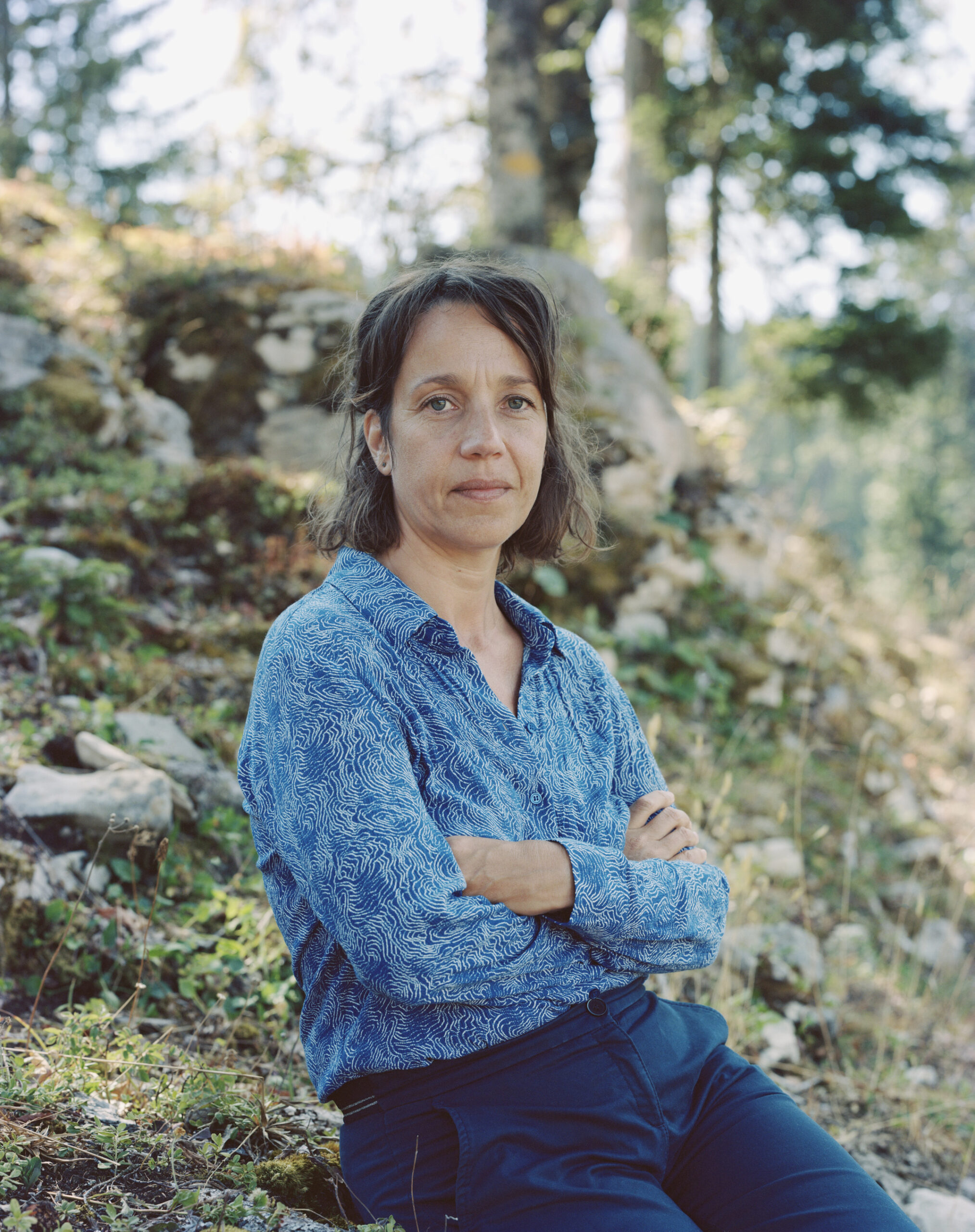Amélie Mouton
Journalist and writer
April 2025

- Literature
- Washington, DC
“Texas and Alaska might well today be the centers of US oil production, but it is in Pennsylvania that American oil capitalism was born. The transformative nature of the discovery of oil in Titusville in 1859 cannot be overemphasized. It impacts was planetary.”
My work takes place at the intersection among creative nonfiction, journalism, and the scholarship on the Anthropocene. The long-form stories I have written as a print reporter have come out mostly in French-speaking media outlets, but I do also occasionally publish in English The ecological crisis and its colonial legacy have long been my core preoccupations, and I have covered topics ranging from the desertification of Central Anatolia, to whales relocating to New York City, conflicts around colonial memory in Belgium, and the post-Fukushima energy conundrum in Japan. Between 2015 and 2022, I was based in Abu Dhabi, in the United Arab Emirates. This location offered me a prime vantage point to approach the transformative power of oil on societies, economies, and cultures. In 2021, I entered the master in Ecopoetics and Creative Writing at the University of Aix-Marseille to further explore the intricate connections between oil and fiction. I worked on a personal narrative about oil and climate change in the Arabian Peninsula and on a short play about humanity’s addiction to fossil fuels, “Petromelancholia,” which was presented at the 2023 edition of Le Murmure du Monde literary festival in the Val d’Azun, France. My current project of creative nonfiction builds on this work. It revisits the modern mythology around oil mythology from the historical birthplace of its industrial exploitation, the town of Titusville in Pennsylvania. The generous support of Villa Albertine allows me to plant the seeds of this new project.
Born in 1978, Amélie Mouton is a writer and a journalist from Belgium. She holds a degree in Cinema Studies from the University of Liege and a master’s in Ecopoetics and Creative Writing from the University of Aix-Marseille. Her creative nonfiction essays and poetry appeared in the edited volume “Des vivants et des luttes” (Wildproject, 2022), AOC Fictions (2022), Pourtant (2023). In 2022, she was awarded a residential writing fellowship by the Jan Michalski Foundation in Switzerland and in 2024, she was a laureate of the SCAM’s grant “Brouillon d’un rêve littéraire“. She lives in Montréal.
Oil transformed the modern world. Its ubiquitous circulation created new assemblages of power andits industrial exploitation encouraged misguided colonial adventures. Addicted to this black gold, our societies have come to believe that they could pursue a quest for perpetual growth and hypermobility. Yet, the omnipresence of oil is most often discussed in technological, industrial, or economic terms. The fact that hydrocarbons also deeply shaped modern culture is much more rarely considered.
My project seeks to address this gap and contribute to the growing realization of the extent to which petroculture thoroughly reshaped modernity. Working at the intersection of travel writing and literary journalism, I revisit a foundational moment in oil history: the first successful drilling of an oil in the 1850s, an event that quite literally opened the valves to the mass exploitation of a natural resource that would alter ways of life over the world.
This inaugural scene in our present of carbon-dependence and climate disorder happened in Titusville, in rural Pennsylvania. Taking seriously Amitav Gosh’s idea that the climate crisis is also and foremost a crisis of the imagination, I aim to explore the narrative possibilities that emerge from this site. The tools of place-writing will help me interrogate our relationship with energy and in its centrality in the stories we tell about ourselves.
The United States obviously stands as a giant in the global energy sector. A report published by CNN at the end of 2023 indicated that the US was on track to produce more oil than any country had ever done before. This dominant position in oil production, juxtaposed to the increasingly visible effects of climate change, makes the US a critical location for examining the complexities of the energy transition.
Texas and Alaska might well today be the centers of US oil production, but it is in Pennsylvania that American oil capitalism was born. The transformative nature of the discovery of oil in Titusville in 1859 cannot be overemphasized. It impacts was planetary. My goal is to listen to the resonances of our current debates about a world-after-oil in the place where its modern exploitation started.
One of the queries for my residency is to interrogate historical curation about oil: which narratives are centered? and which narratives are silenced? Long before the 19th Century, the Seneca, the largest of the six Native American nations that make up the Iroquois Confederacy, already used Pennsylvania’s oil riches for various purposes, including medicinal use. This history is little known, yet it was Seneca knowledge about the location of “black water” deposits that enabled its later.
In partnership with

Editions Wildproject
Wildproject is an independent publishing house dedicated to ecology—understood as a cultural and political revolution within modern societies. Since its founding in 2008, the house has championed a vision of ecology as a movement that is simultaneously scientific, social, political, and philosophical. Ecology is viewed as a movement approaching its centenary, with a scope comparable to that of the Renaissance.



